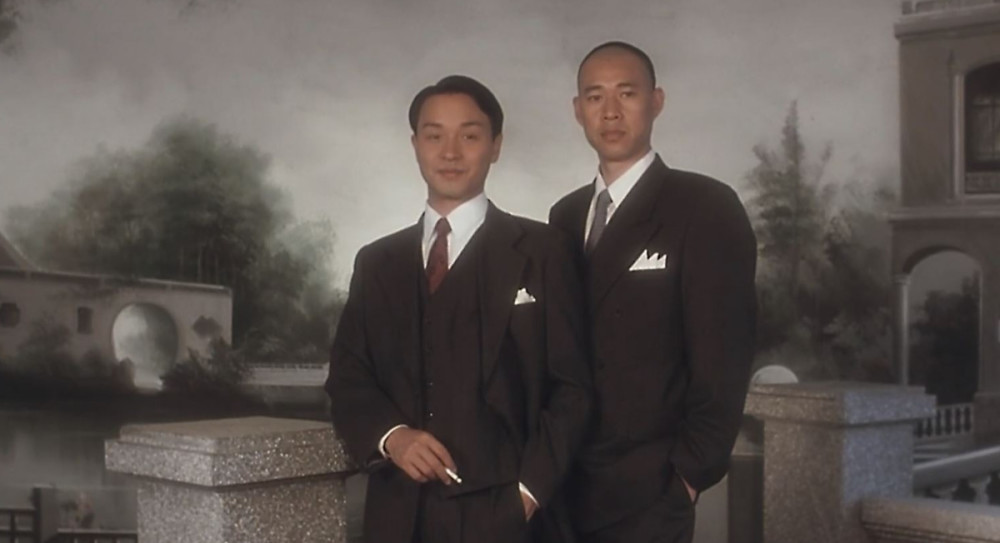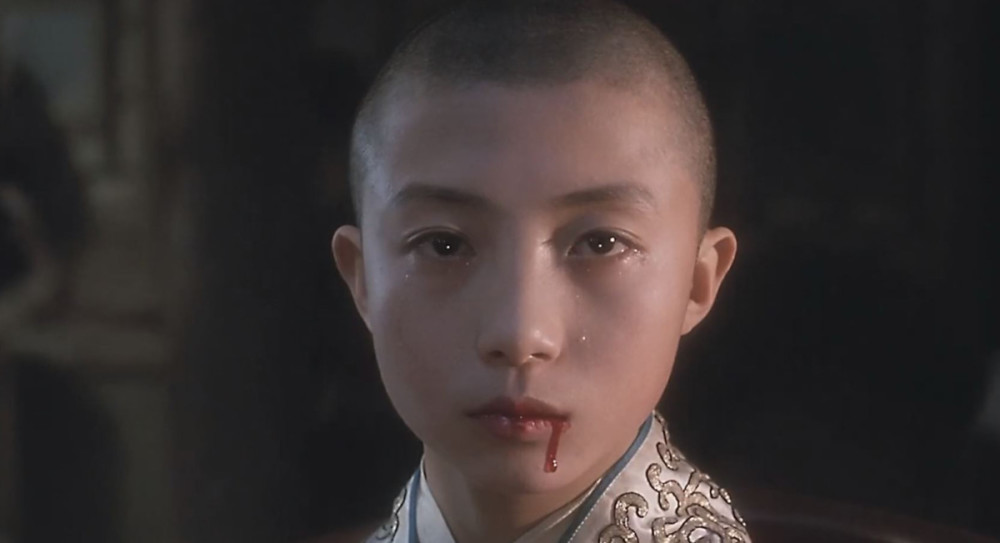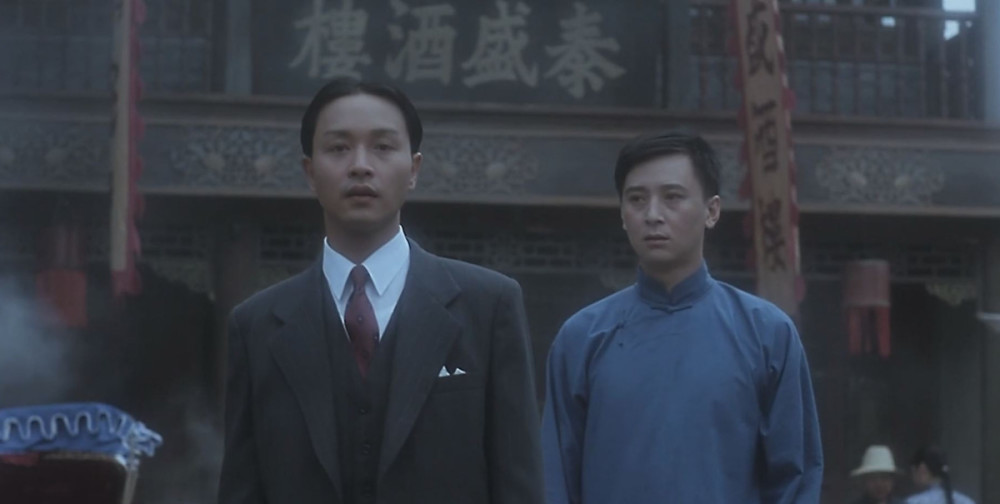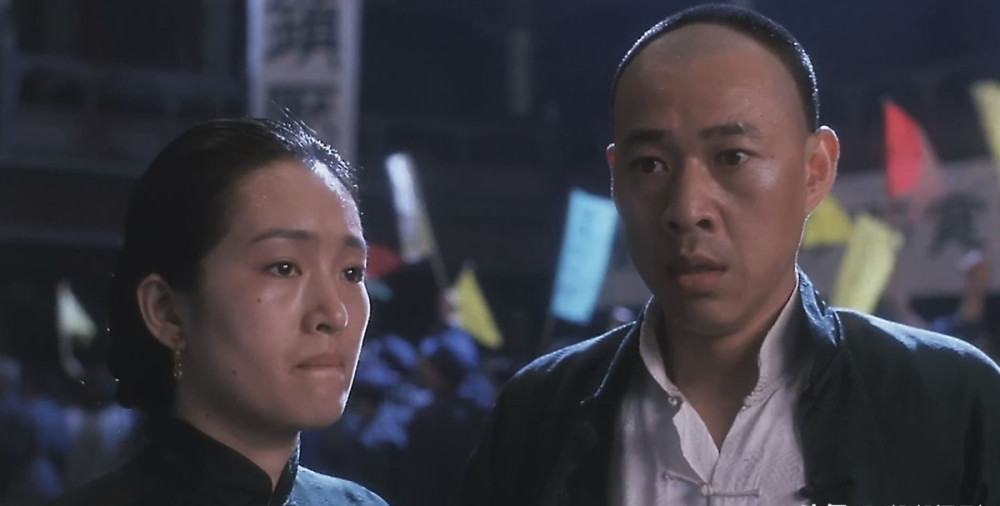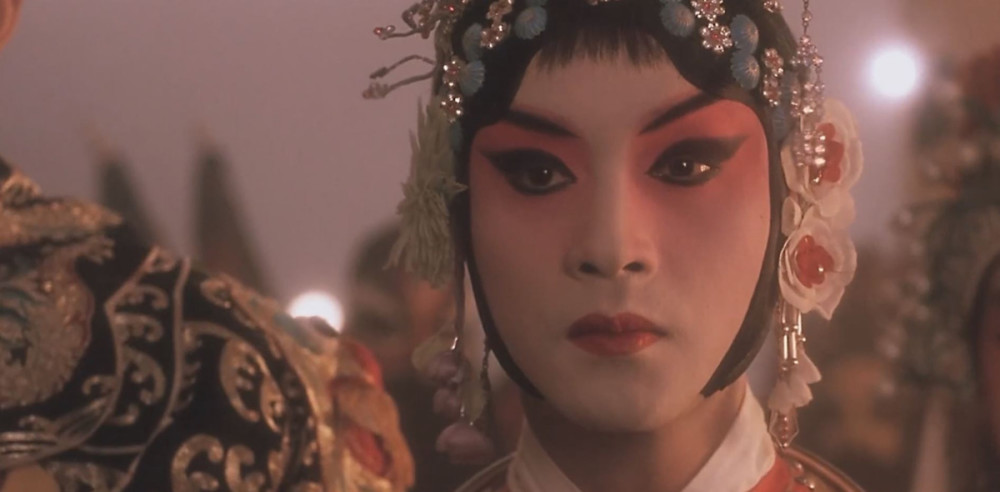“Farewell My Concubine” is a literary film produced by Tomson Films Co., Ltd., adapted from Li Bihua’s novel of the same name. It is directed by Chen Kaige and written by Li Bihua and Lu Wei, starring Leslie Cheung, Gong Li and Zhang Fengyi.
The film revolves around the half-century of joys and sorrows between the two Peking opera actors, showing the thinking and understanding of traditional culture, human existence and human nature. In 1993, the film was released in mainland China and Hong Kong, China. Since then, it has been released in many countries and regions around the world, and it broke the box office record of mainland Chinese literary films in the United States.
In 1993, the film won the Palme d’Or, the highest award at the Cannes International Film Festival in France, and became the first Chinese film to receive this honor. In addition, the film also won the American Golden Globe Award for Best Foreign Language Film, the International Film Critics League Award and many other awards. International Awards, and is the only Chinese film to win the Palme d’Or award at the Cannes International Film Festival and the American Golden Globe Award for Best Foreign Language Film.
In 1994, Leslie Cheung won the Special Contribution Award of the 4th China Film and Performing Arts Society for this film. In 2005, “Farewell My Concubine” was selected as one of the “100 Best Movies in Global History” by the US “Time”.
On March 3, 2020, the movie revealed the preview of the South Korean rebroadcast. The film is 171 minutes long and will be re-screened in South Korea on April 1. Previously, the film was set on March 25, and later adjusted to the 17th anniversary of Leslie Cheung’s death.
In fact, “Farewell My Concubine” is also called “Ambush from ten sides”. It is one of the classic works of Peking Opera master Mei Lanfang. The protagonist is Xiang Yu, the king of Western Chu, and his concubine Yuji. The origin of this play is also quite legendary. According to legend, during the struggle between Chu and Han, Han Xin ordered Li Zuoche to deceive Xiang Yu, and Xiang Yu entered the army. Ambush on all sides of Jiuli Mountain, trapping Xiang Yu in Gaixia. Xiang Yu couldn’t break through, and was embarrassed on all sides. Suspecting that the Chu army had all come to the Han, he had to drink goodbye with Yu Ji in the camp. Yu Ji claws herself, Xiang Yu breaks out of the siege, gets lost, and arrives at Wujiang, feeling faceless to see the Jiangdong elders and cocking herself by the river. It is precisely because of this that Mei Lanfang was inspired to create this play.
In the movie, Director Chen uses a large number of layers to show Peking opera in the plot, and also depicts the stage sense of Peking opera. The appearance of Peking opera is not only the need of the plot, but also clarifies the truth of life as a play, especially for Cheng Die For Yi, he is both Cheng Dieyi and Leslie Cheung. There seems to be no drama in his life, and it seems that there are all dramas. This may be the so-called non-discrimination of human drama.
Having said so much, it is finally time for the protagonist Leslie Cheung. This drama has completed Cheng Dieyi and even Leslie Cheung. It is said that Leslie Cheung’s acting skills shocked a lot of people when he was on the shooting site. With a smile, his gestures and gestures were alive and well like an old actor, and some even joked: You are really a fairy. Leslie Cheung is also very satisfied with his acting skills. Although he has made many movies, Leslie Cheung still likes himself in this movie the most, and even regards it as his masterpiece.
In fact, there was an episode in the selection process of Director Chen. When he met Leslie Cheung for the first time, the original script had not been fully determined. There was only a general outline. The place where the two met was the Mandarin Oriental Hotel, Hong Kong. (This is also the hotel where Leslie Cheung committed suicide by jumping off the building). Director Chen was telling the story, and Leslie Cheung was listening quietly. When the story was finished, and looking at Leslie Cheung’s expression and behavior, Director Chen suddenly believed that this was the prototype of Cheng Dieyi, and Leslie Cheung was also very excited. Holding Director Chen’s hand tightly: “Thank you for telling me the story. I am Cheng Dieyi.”
I understand the life in the play because I have experienced it. The whole movie was filmed with a group of children. Leslie Cheung would watch this group of childish children act whenever he had time, especially the young Cheng Dieyi. It seems that he really has his own shadow. Because there is such a fragment in the movie, the young Cheng Dieyi escaped from the theater and turned back. As punishment, Master Guan slapped him hard on the face 19 times. Even though the gums were bleeding, the child remained motionless. Seeing this scene, Leslie Cheung was somewhat moved, and immediately found the child, held him and took a group photo. This scene happened to be seen by Director Chen. Only at this time did he understand that Leslie Cheung regarded this boy as his childhood. He wanted to truly appreciate how much he suffered in childhood. Only in this way can he perform the most authentic performance. Cheng Dieyi.
There is another thing that impressed Director Chen very deeply. During the filming process, Leslie Cheung became more and more silent, less and less talkative, and even reached the point of spiritual meditation. According to Director Chen’s recollection, after the filming was completed, he dreamed that Leslie Cheung was wearing a white gown and said to Director Chen: Goodbye since then. Although it was a dream, Director Chen shed tears after waking up. At that time, Leslie Cheung died more than ten years ago, but this dream seemed to herald something.
In reality, Cheng Dieyi and Leslie Cheung in the play had no plans to escape their fate. In the end, he ended the lives of the two people in a self-determined way.

